READY TO GET STARTED?
REQUEST A FREE ESTIMATE
Fill out the form below or call (888) 466-7849 for a free, no-obligation estimate.
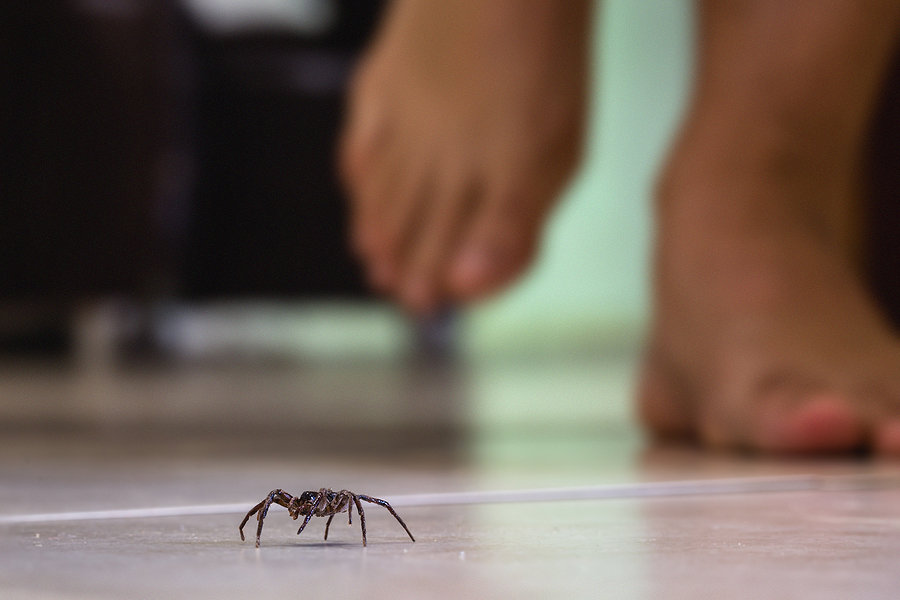
Spiders are considered year-round pests, but they seem to come out in full force during the summer months. Some common spiders you may encounter this summer include wolf spiders, orb weavers, garden spiders, house spiders, brown recluse spiders, and black widow spiders. While most of these are harmless, brown recluses and black widows can be dangerous to humans with their venomous bites.
The spiders you see in the summer most likely aren’t just now making their way into your home; there’s a good chance they’ve already been hiding out inside for a while. They will commonly emerge in large numbers in the summer for two main reasons:
Seeing a spider here and there inside your home is usually nothing to worry about; they can sneak in through open windows, doors, etc. Seeing them in large numbers, however, can indicate a much bigger problem. Spider infestations can be the result of:
Having a spider infestation in your home can leave you with webs everywhere, the risk of spider bites that can be painful and potentially dangerous, and the possibility of other pest infestations, as well. You can keep spiders out by:
If you have a problem with spiders, contact your local pest control company for a thorough inspection and treatment plan.
Controlling Birds During the Summer Months
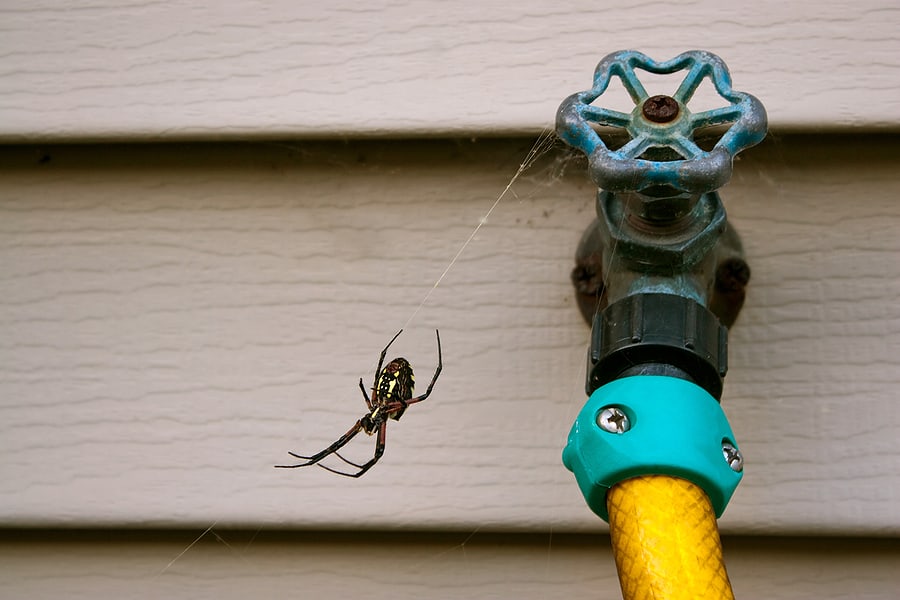
Although spiders are considered a year-round pest, they become more visible and active in the spring. Overwintering pests like spiders emerge as the weather warms up to lay eggs for the approaching season. Spiders are predators, preying on smaller insects for food. They are usually not a huge threat to humans with only a few venomous species in our area. In fact, they can be quite beneficial to have around your home, working as a form of natural pest control by eating other insects you may have around.
If the thought of sharing your home with spiders creeps you out, don’t fret! Here are some spider prevention tips you can use this spring to help keep these pests out.
Protecting Your Pets from Fleas and Ticks
What Happens During the Bee Relocation Process?
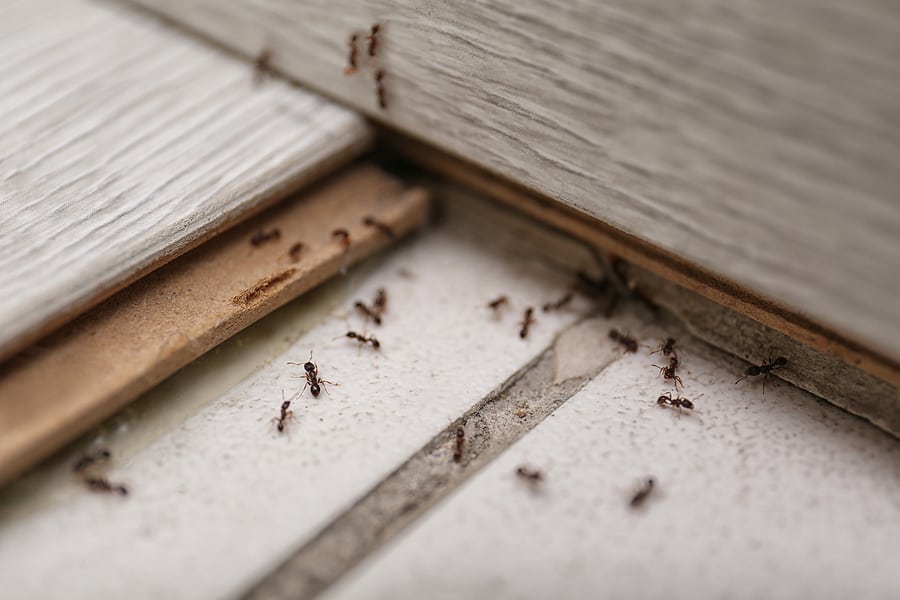
Many pests hibernate or “die off” during the winter, causing homeowners to feel like they can relax during the colder months. Overwintering pests, however, are here to rain on your parade. These pests seek refuge inside our homes looking for food, water, and a warm place to hide until the weather outside is more favorable. Here are 6 winter pests to watch out for along with tips to prevent them.
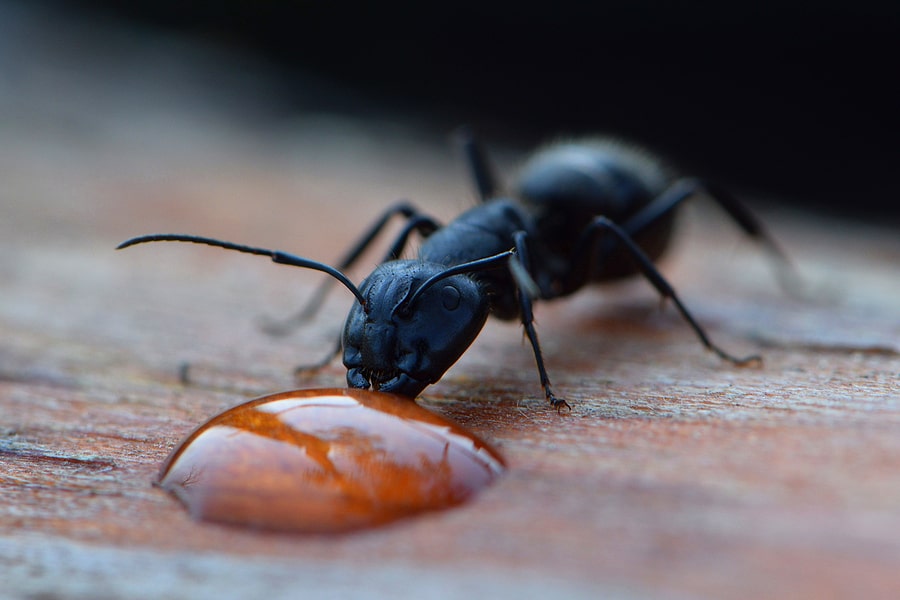
Ants will come in through the tiniest holes or cracks in the exterior of your home. They also like to sneak in on plants and flowers that are brought indoors. Ants are masters of overwintering, typically seeking out warm places deep in the soil or under rocks to hide out. Food can be scarce, though, and your home provides the perfect location for them to get everything they need to survive the winter – food, water, and warmth. The first step to ant control in your home is to get rid of their food source. Make sure food is well sealed and crumbs are cleaned up from floors and counters.
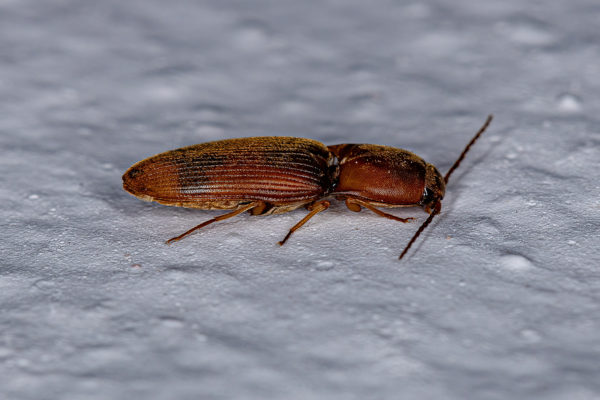
Beetles like to come indoors to get out of the cold. They are known to hide in the warmest areas of your home, such as near dryers or water heaters. Elm leaf beetles and click beetles are two of the most common overwintering beetles you may encounter. They are often brought inside on firewood. If you spot beetles inside, vacuum them up and immediately discard the bag or canister contents. Eliminate their food sources by keeping your kitchen and bathroom clean. Caulk windows or use weatherstripping around them. Keep wood piles and leaf litter away from your home. Inspect any wood before bringing it inside.
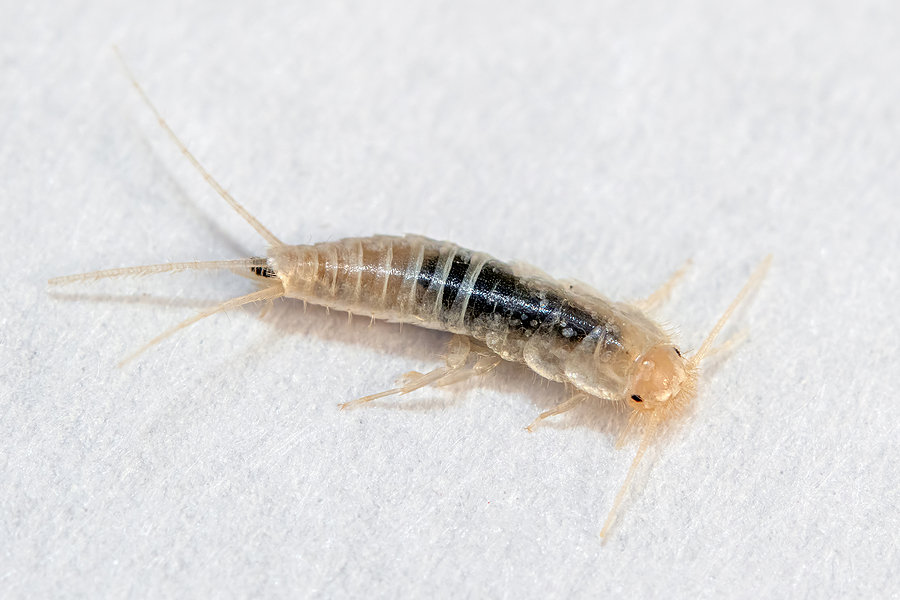
Silverfish prefer damp, cold places and will usually be found hanging out in your basement or bathroom. They are common in the winter months, often hitching a ride as you are hauling your holiday decorations in and out of your attic or garage. They feed on books, glue, wallpaper, and boxes. Keep silverfish under control by vacuuming often and decluttering your home. Get rid of any old newspapers, mail, and cardboard laying around. Inspect any boxes before bringing them inside. Store clothes in sealed bins, preferably made of plastic rather than cardboard.
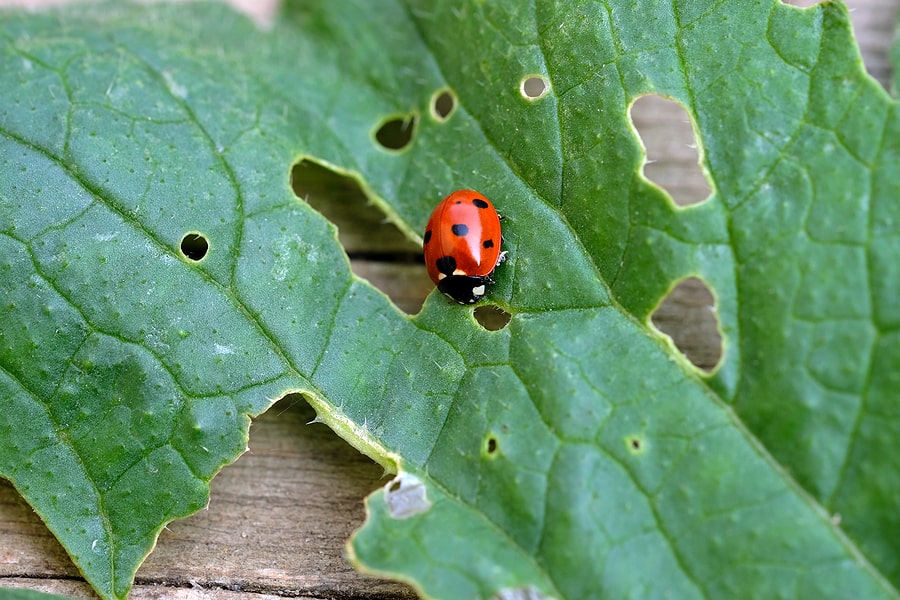
Ladybugs will come inside through window cracks and openings to shelter from the cold. While they don’t bite, they will secrete a yellow fluid with an unpleasant odor that not only attracts other ladybugs, but can also leave an unsightly stain on your walls, floors, ceilings, and more. Control ladybugs by locating and sealing any entry points you can find. Vacuum them up or spray them with soapy water. The soapy water will not only get rid of the ladybugs, but it will also get rid of the smell, helping prevent other ladybugs from coming back.
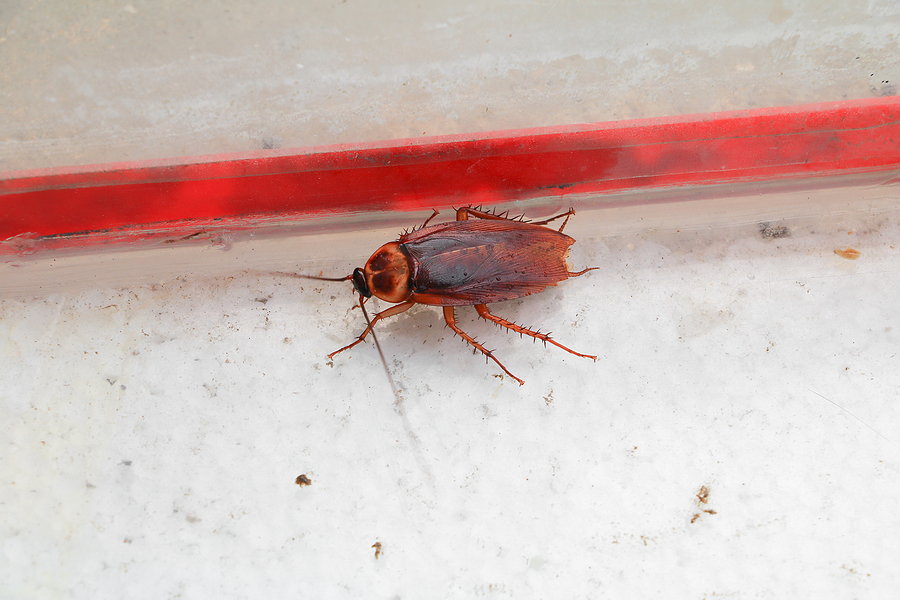
Roaches come indoors during winter for heat and humidity as they cannot survive the cold temperatures outdoors. They are also attracted to plants, leaf litter and mulch. Cockroaches pose a serious health risk to humans as they are known to transmit diseases and trigger allergies and asthma. They will also hitch a ride inside on grocery bags, boxes, and used appliances. They prefer to hang out in kitchens and bathrooms. Keep roaches at bay by cleaning counters and floors and vacuuming frequently. Dispose of your garbage regularly. Keep kitchens and bathrooms clean, especially under appliances and cabinets.
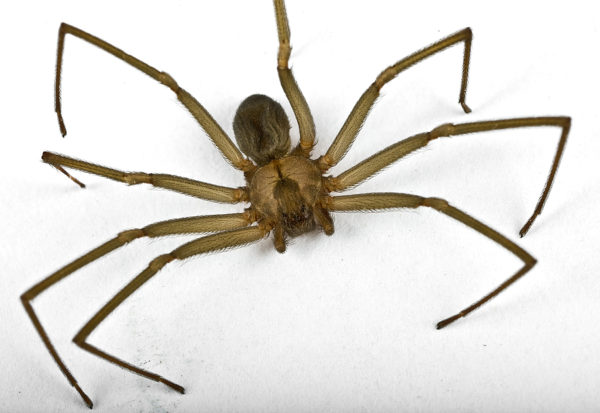
Spiders seek out warm, dark places to hide during the winter, usually in your basement, attic, or rarely used corners of rooms. They will also hide out in boxes and rarely used clothes and shoes. Keep spiders under control this winter by decluttering your home. Dust, vacuum, and sweep out cobwebs frequently. Discard any old boxes and packages they can use to hide out in. Keep trees and shrubs trimmed away from your home and cut back overhanging limbs from the roof. Store clothes and shoes in plastic containers.
No one wants to deal with pests inside their home regardless of what season it is. If you have a problem with pests at any time during the year, contact your local pest control company who can help identify the type of pest you have, identify entry points, and set up a treatment and prevention plan going forward.
Does My Crawlspace Need A Moisture Barrier?
What Every Homeowner Should Know About DIY Pest Control

The holiday season is a time to enjoy family, eat delicious food, and not worry about pests! Unfortunately, overwintering pests such as spiders, rodents, ants, ticks, and more are looking indoors for food, water, and shelter. During the holiday season, Christmas trees, wreaths, firewood, decorations, and storage boxes provide the ideal opportunity for these pests to hitchhike inside.
Check out our top 3 pest prevention tips for holiday pest control.
Check Your Decorations
Attics, basements, and garages provide perfect storage spaces for our holiday decorations. These areas in your home are dark and secluded, making them the perfect place for pests to invade. Stored decorations provide an undisturbed hiding place for pests such as mice, rats, spiders, and more. These creatures will often crawl into the storage boxes you put away last season, contaminating and destroying your decorations.
To ensure that you do not bring these pests into your main living space, inspect and unpack these items outside first. After the holiday season has ended, pack your decorations like foliage, potpourri, and Indian corn in air-tight containers to help prevent pests for next year.
Check Your Firewood
With colder weather here, many homeowners start utilizing their fireplace, bringing in more firewood from outside. However, it’s crucial to inspect firewood before bringing it inside the home. Pests like spiders, termites, and ants are often found on firewood. Consider placing the firewood outside 20 feet from your home and on a raised platform.
Check Your Christmas Tree & Wreaths
If your family celebrates Christmas, you might opt to buy a real Christmas tree and wreath. While both can showcase the authentic look of Christmas, they also tend to carry pests such as spiders, moths, mites, and even squirrels!
To prevent these unwanted pests from hitchhiking indoors, inspect both items outside and then shake them. Also, check these items for any droppings, gnaw marks, or other damage before bringing them inside.
If you suspect that you have a holiday pest problem, consider reaching out to your local pest control company. These professionals will be able to inspect your home, provide the best pest control plan, and recommend prevention techniques for your home.
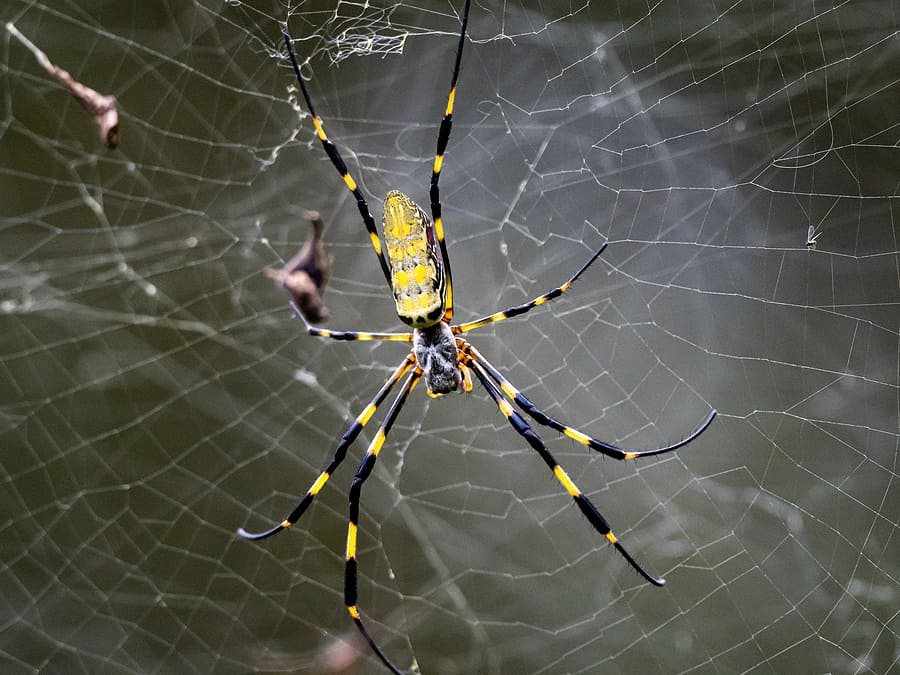
The Joro spider, also known as Trichonephila clavata, is a member of the recognizable orb weaver family. These particular spiders are characterized by their large size (up to 3 inches in length with their legs extended) and yellow and blue-black striped backs with red undersides. Joro spiders are known for constructing large, wagon-wheel shaped webs that are a golden color. These webs can be several feet in length.
Joro spiders are native to Asia, particularly Japan, China, Korea, and Taiwan. In 2014, the first instance of the Joro spider in North America was confirmed in North Georgia. Subsequent sightings have been confirmed as far away as Greenville, South Carolina. It is unclear how and when these spiders first arrived here in Georgia but researchers believe they are here to stay. In fact, researchers have confirmed their presence in at least 25 counties in the state.
Joro spiders are not considered harmful to humans or pets. They will bite when provoked but are not considered a threat. Joros are beneficial to have around as they are one of the only species known to eat adult brown marmorated stinkbugs. They also help keep mosquito and other nuisance pest populations in check. Joro spiders do have predators in our area; both birds and wasps will eat them.
The jury is still out on whether or not there will be any long-term ramifications on local ecosystems. One thing all the researchers agree on is that the Joro spider is likely here to stay.
Are Carpenter Ants Active During the Winter?
Why Identifying Spiders is Important for Prevention